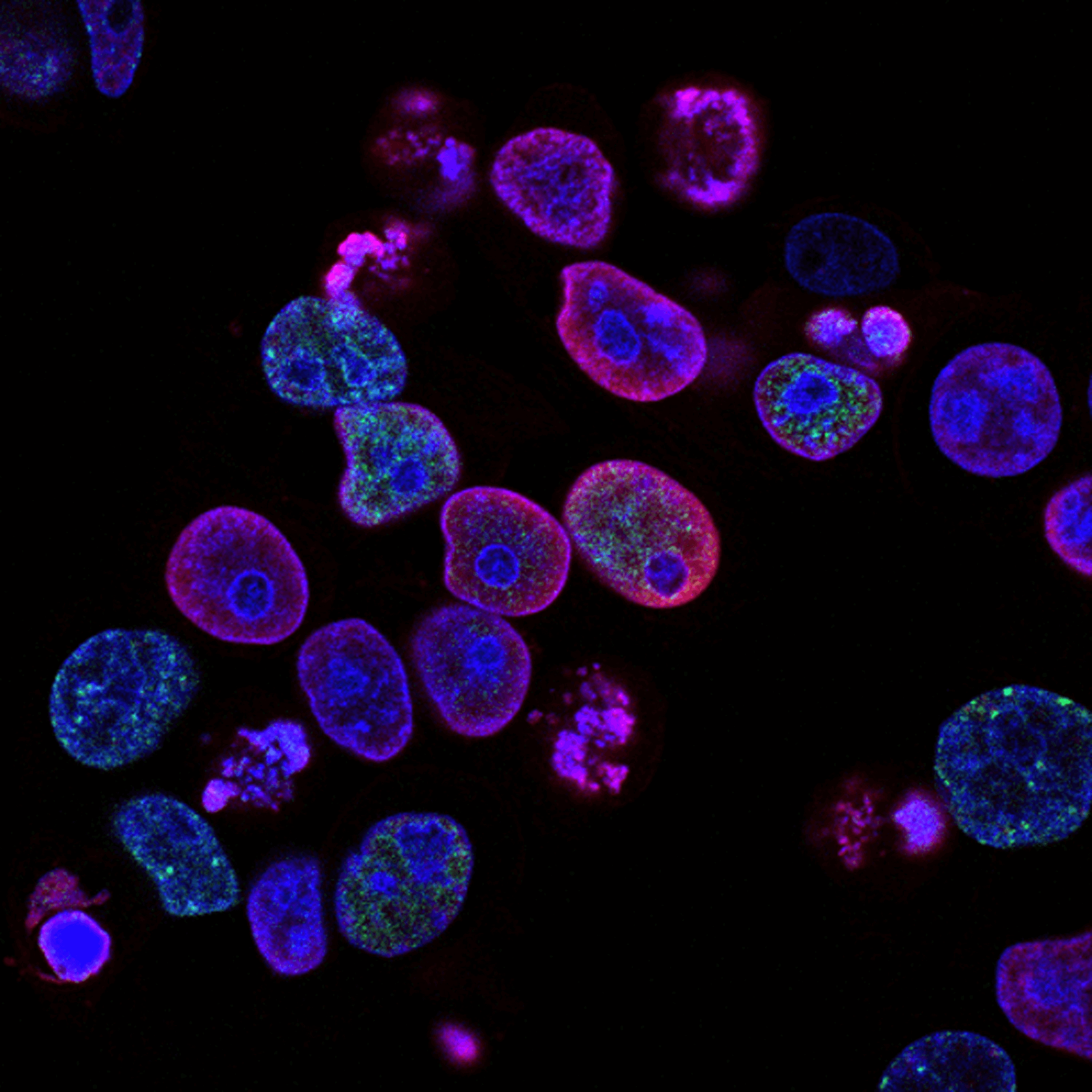The path to eradicating disease: can it be done in the next 25 years?
Genome editing and pre–implantation genetics are now a reality. If society wanted to, scientists could largely eradicate mendelian diseases within the next 25 years.
The ability to identify a genetic variant that causes disease is now extremely good. And, if that variant is a single point mutation it is relatively simple to edit the genome to remove the mutation. But there is one major caveat – it’s an ethical minefield.
Dr Joseph Powell leads a team of researchers that are on the bleeding edge of science in the field of computational and statistical genomics, paving the way for a disease–free future.
“We use computational and statistical genomics to decipher large amounts of genomic sequence information,” he says.

“Through this methodology, we can uncover disease–causing genes and the causal mechanisms that activate them.”
Dr Powell says that using genomics we can already significantly decrease the number of years that people live with common disease and we have a strong chance within 25 years of reducing complex diseases altogether.
“Countries are moving towards this,” he says, “and there are global efforts.”
Recently a team of international scientists successfully corrected a mutation in dozens of human embryos to eradicate a condition known as hypertrophic cardiomyopathy, a thickening of the heart muscle.
“Genomics allows us to detect the genetic mutations that lead to disease early. Through large–scale predictive screening strategies, combined with early prevention approaches, we have a good chance of eradicating disease, or at least making major progress toward it.”
Dr Powell says that genome editing is already happening in different medical applications.
“We are currently editing things that are not pre–birth. For example, for blindness, retinal stem cells are edited and put back into the eye to populate and replace diseased cells.
But Dr Powell warns that there are significant challenges if we are to use this technology to eradicate disease.
“In addition to the ethical considerations, it will require significant investment from the government. There are also differences between males and females.
“In theory, we could edit the genome of eggs, but not sperm, because sperm is continually produced.”
One thing is certain; research is the genesis of the required knowledge for progress towards a disease–free future.